Introduction
Most GPT solutions fail.
That’s not because they aren’t smart enough, but because they aren’t tested right. You wouldn’t trust a product you haven’t put through its paces, so why do the same with your AI?
Testing and training your GPT models isn’t just a good idea—it’s essential. Without it, you risk inefficiency, missed opportunities, and even costly errors.
As the most trusted tool for ChatGPT consultancy, we combine technical expertise with business acumen to help organizations navigate the complexities of AI implementation.
Retailer Solo Brands deployed a generative AI chatbot that resolves 75% of customer interactions, up from a 40% resolution rate.(Gartner)
Our proven track record in chatbot software development and optimization ensures that businesses can harness ChatGPT's capabilities effectively, leading to improved efficiency, enhanced customer experiences, and sustainable growth in an increasingly digital marketplace.
What is ChatGPT Consultancy?
ChatGPT Consultancy is the process of providing expert guidance on setting up, testing, and optimizing GPT-based solutions.
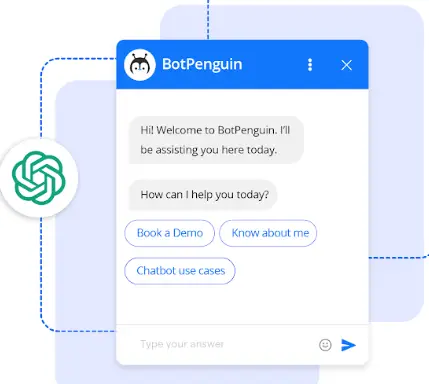
It’s about helping businesses maximize the potential of AI systems. 65 percent of respondents report that their organizations are regularly using gen AI.(McKinsey)
The role of consultancy is to offer support at every step, from deployment to refining the performance of chatbot software.
It ensures that businesses get the most out of their AI, making it more reliable and capable.
The Importance of Testing and Training GPT Solutions
Without proper testing and training, even the best tool for ChatGPT Consultancy can fall short. Testing allows businesses to evaluate how their GPT systems respond in real-world scenarios, while training fine-tunes the AI’s ability to handle specific tasks.
For ChatGPT Consultancy for Businesses, this process ensures that AI solutions are aligned with business needs, driving better outcomes. Well-tested GPT systems reduce errors, increase efficiency, and improve user satisfaction, making it a must for any business relying on AI-powered chatbots.
Businesses must consider how their GPT systems can evolve with emerging technologies, such as multimodal AI capabilities, advanced natural language processing, and integration with Internet of Things (IoT) ecosystems.
This involves developing flexible architectural frameworks that can accommodate rapid technological advancements, implementing modular training approaches that allow for seamless updates, and creating adaptive learning mechanisms that can incorporate new data sources and interaction paradigms.
Moreover, organizations should invest in cross-disciplinary teams that blend expertise in AI, machine learning, domain-specific knowledge, and strategic business planning.
Understanding the Testing Process
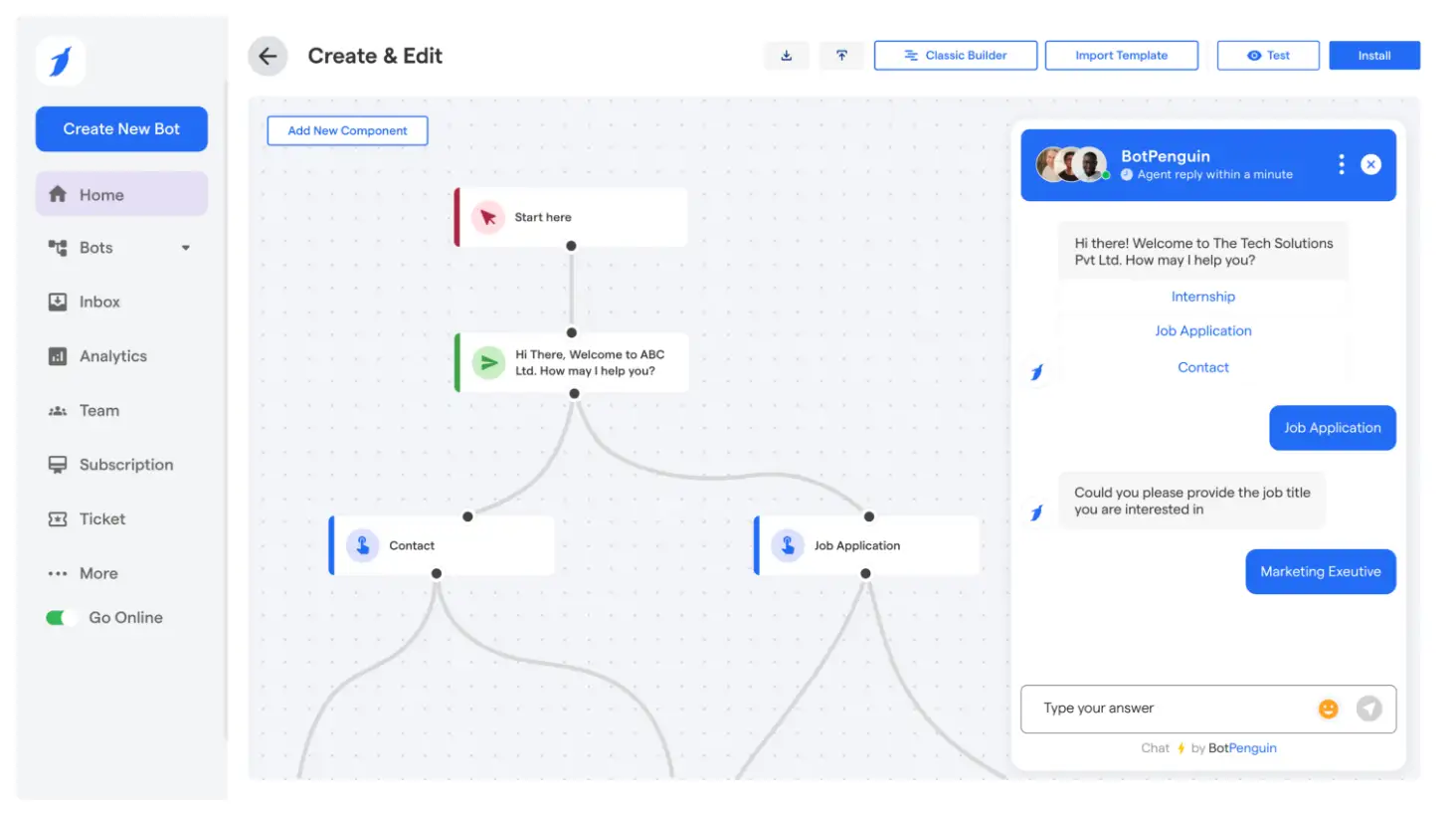
Testing GPT models is a structured approach to evaluating their performance under different conditions. By testing, businesses ensure their models are ready for real-world applications.
Platforms like BotPenguin have emerged as key players in this domain, offering advanced testing and deployment solutions for businesses seeking to leverage AI-powered conversational technologies.
In ChatGPT Consultancy for Businesses, it’s crucial to follow a defined process to catch errors, fine-tune the AI’s capabilities, and maintain consistency.
Below, we explore the phases of the testing process, the metrics to track, and how to address common challenges.
Key Testing Phases
The testing process consists of several phases, each with a specific purpose in validating the model. These phases help ensure your GPT solution is robust and ready for deployment.
Black Box Testing
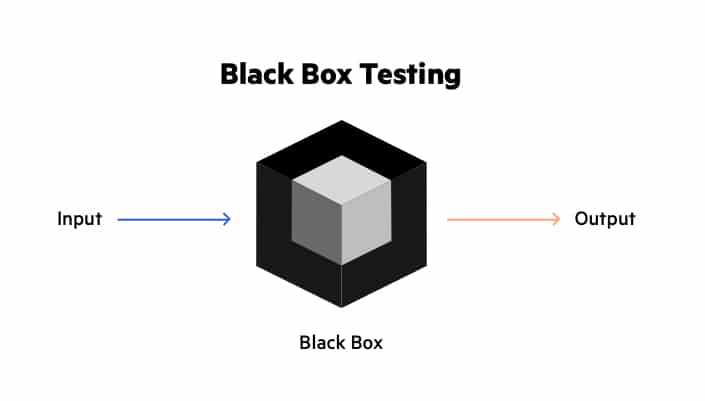
In black box testing, the tester interacts with the model without any knowledge of its internal workings. The primary goal here is to evaluate how the model responds to various inputs.
Black box testing simulates how end-users will interact with the GPT solution, making it an essential phase for chatbot software.
In ChatGPT Consultancy, this phase helps assess the model’s ability to provide relevant and coherent answers without delving into how it operates.
White Box Testing
White box testing is the opposite of black box testing, focusing on the model’s internal logic and structure. The tester must understand how the model works internally, making this phase critical for identifying bugs and inefficiencies.
It allows for a more technical analysis, ensuring that the model’s architecture supports the desired performance. In ChatGPT Consultancy for Businesses, white box testing helps refine the model's internal mechanisms, which directly affects its reliability.
Gray Box Testing

Gray box testing is a hybrid approach, combining elements of both black and white box testing. Testers have partial knowledge of the system, allowing them to evaluate how internal structures affect the external behavior of the model.
This phase is particularly useful in ChatGPT Consultancy as it balances user experience and technical precision, offering a more holistic view of the model’s performance.
Testing Metrics and KPIs
Metrics and key performance indicators (KPIs) are essential for evaluating the success of your testing process. They allow you to measure how well your GPT solution performs in terms of accuracy, relevance, and fairness.
Accuracy and Precision
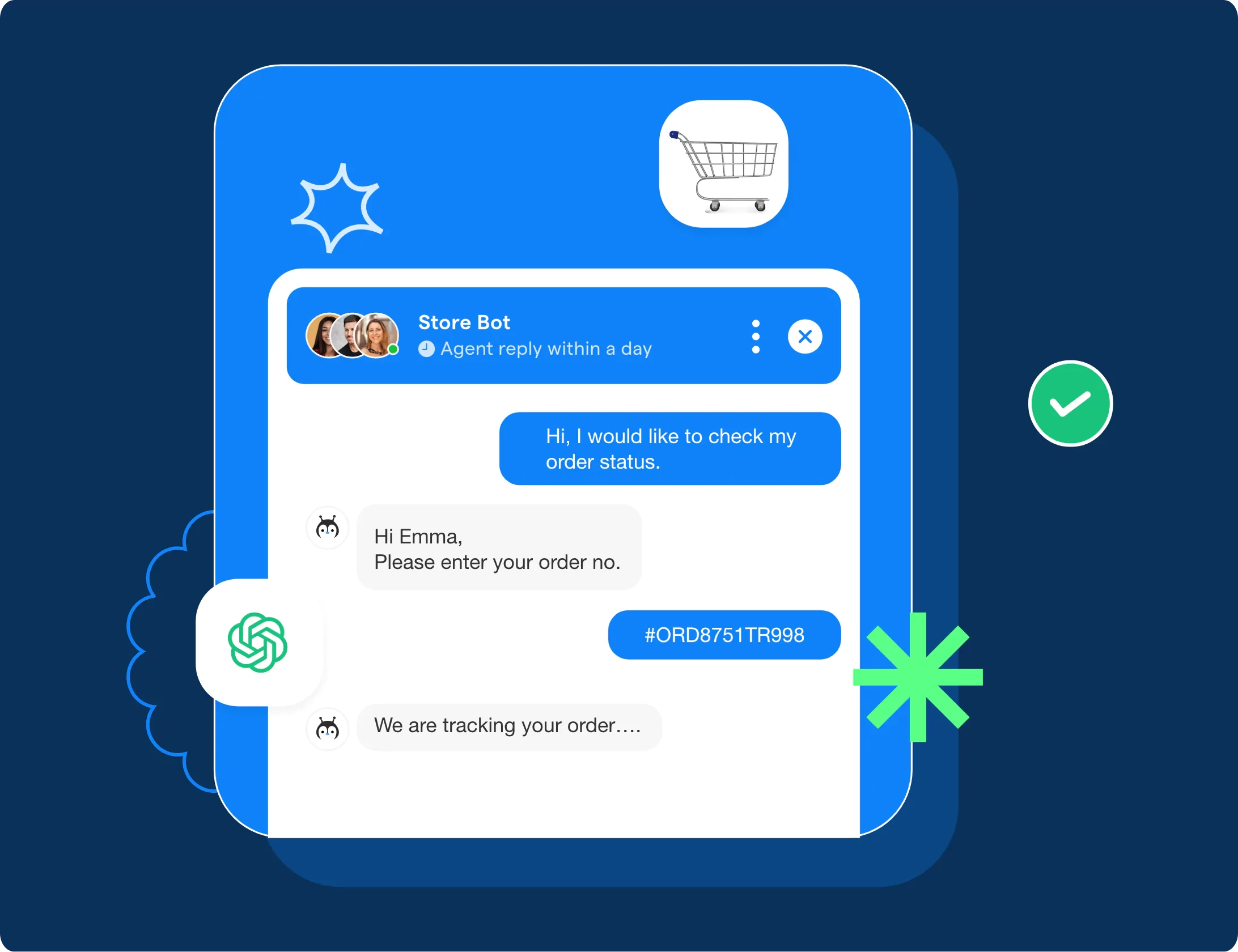
Accuracy measures how often the model provides correct responses, while precision assesses how specific and detailed those responses are.
In ChatGPT Consultancy, these metrics are crucial for ensuring the AI delivers reliable information. A high level of accuracy and precision is essential for chatbot software, as it directly impacts user trust and satisfaction.
Relevance and Coherence
Relevance refers to how closely the model’s responses match the context of the user’s input, while coherence measures how logically consistent the answers are.
For ChatGPT Consultancy for Businesses, achieving high relevance and coherence is key to creating engaging and effective customer interactions. Well-tested models must offer not only correct but also contextually appropriate responses.
Bias and Fairness
Testing for bias and fairness ensures that the model treats all users equally and avoids perpetuating harmful stereotypes. This is a crucial metric in ChatGPT Consultancy, as biased models can lead to negative customer experiences and even damage a business’s reputation.
By measuring bias and fairness, businesses can refine their models to promote inclusivity and equity in their chatbot software.
Common Testing Challenges and Solutions
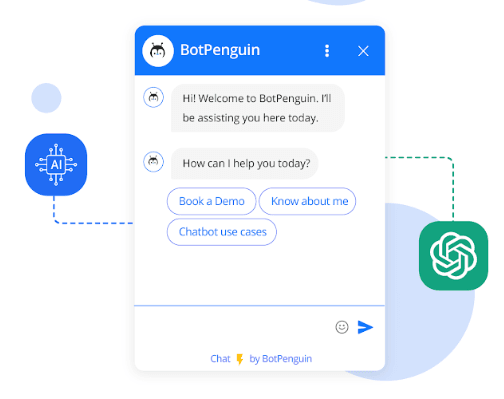
While testing is essential, it also comes with its own set of challenges. Understanding these challenges and how to overcome them is critical for successful GPT model deployment.
Data Quality Issues
Poor-quality data can negatively impact the model’s performance, leading to inaccurate or irrelevant outputs. In ChatGPT Consultancy, ensuring high-quality data is used for training and testing is a must.
One solution to this challenge is to perform rigorous data cleaning and preprocessing to remove noise and irrelevant information from the dataset.
Model Complexity

As GPT models grow more complex, testing becomes more challenging. It can be difficult to understand why the model behaves in a certain way, especially in the white box testing phase.
One approach to mitigating this issue is simplifying the model’s architecture or using interpretability tools that allow testers to better understand the model's decision-making process.
ChatGPT Consultancy often involves breaking down these complexities to make the model more manageable.
Evaluation Bias
Evaluation bias occurs when the testing process is skewed by the tester’s assumptions or preferences. This can result in a model that performs well in testing but poorly in real-world applications.
In ChatGPT Consultancy, it’s important to use diverse testing scenarios and input data to reduce evaluation bias. Testing with a wide range of user inputs can help create a more robust, unbiased model that performs consistently across various situations.
The Training Process
Training a GPT model is not just about feeding data into an algorithm; it requires careful preparation, selection of techniques, and ongoing adaptation.
In ChatGPT Consultancy for Businesses, effective training directly impacts how well the model handles tasks like customer interactions or automating workflows.
Data Preparation and Curation
The foundation of a well-trained GPT model lies in its data. Without the right data, even the best tool for ChatGPT Consultancy will struggle to deliver meaningful results.
Data Cleaning and Preprocessing
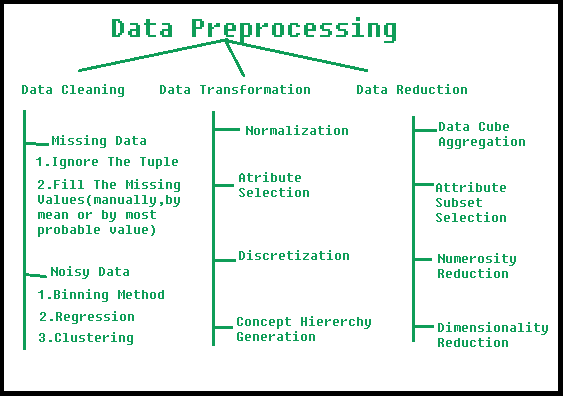
Before training begins, data must be cleaned and preprocessed. This step involves removing noise, duplicates, and irrelevant information from the dataset.
For chatbot software, clean data ensures the model isn't learning from flawed inputs. In ChatGPT Consultancy, proper data preprocessing helps improve accuracy and reduces errors in real-world applications.
Data Annotation and Labeling
Once data is cleaned, it needs to be annotated and labeled correctly. This process assigns categories or labels to data points, helping the model understand context and meaning.
In ChatGPT Consultancy, well-labeled data is key for training a model that can handle complex queries with accuracy.
Training Techniques and Algorithms
Choosing the right training technique is essential for creating an effective GPT solution.
There are several methods used in ChatGPT Consultancy, each with its strengths depending on the specific application.
Supervised Learning
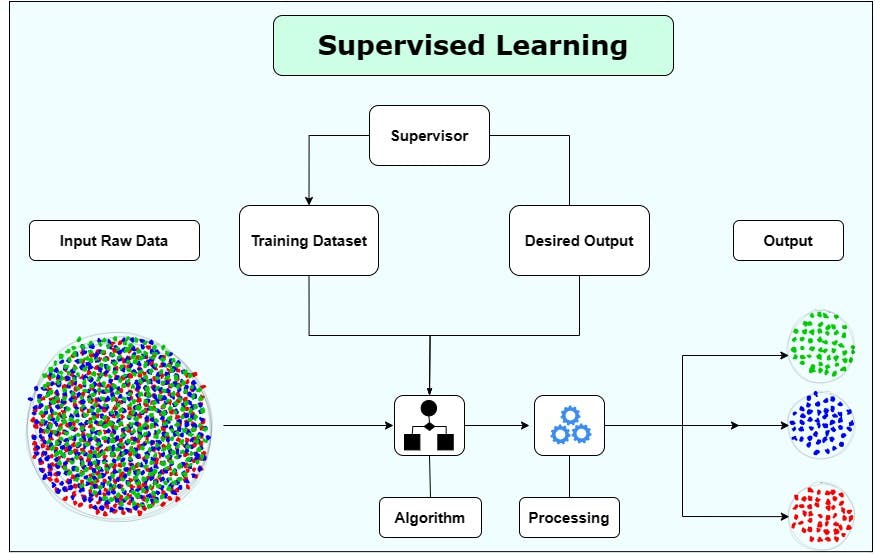
In supervised learning, the model is trained on labeled data with predefined outputs. This method is ideal for tasks like customer service automation, where the model needs to learn from specific responses.
For ChatGPT Consultancy for Businesses, supervised learning is a powerful approach for achieving high accuracy in chatbot software.
Unsupervised Learning
Unsupervised learning works with unlabeled data, allowing the model to find patterns and make sense of the information on its own. This method is useful when businesses don’t have pre-labeled data.
In ChatGPT Consultancy, unsupervised learning is often applied to explore new trends or detect anomalies without human intervention.
Reinforcement Learning
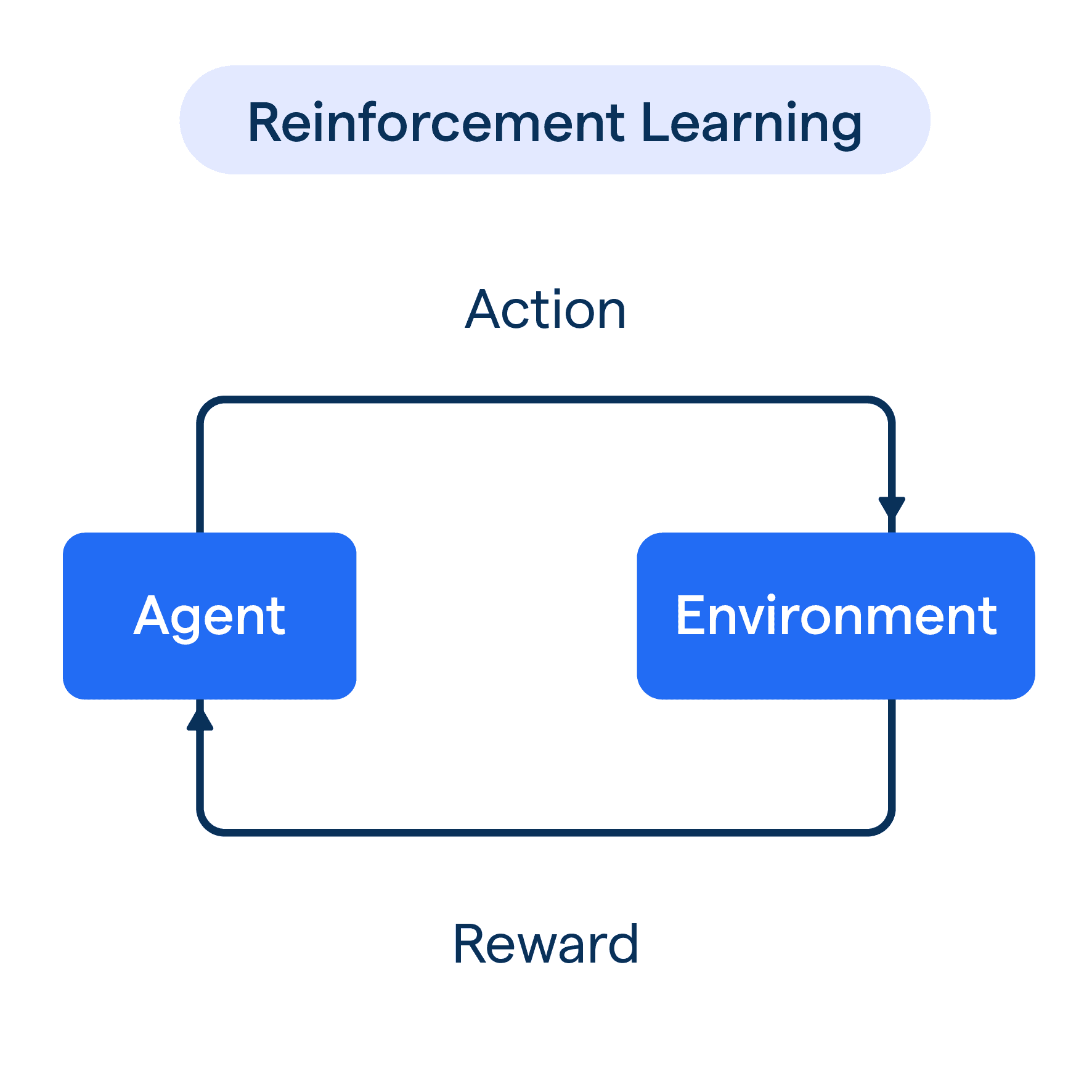
Reinforcement learning focuses on training the model to make decisions by rewarding correct outputs and penalizing incorrect ones. This method is commonly used to improve the model over time through trial and error.
ChatGPT Consultancy employs reinforcement learning to adapt models to specific tasks, continuously refining performance.
Fine-tuning and Adaptation
Once the model is trained, it must be fine-tuned and adapted to suit specific business needs. This stage is crucial in ChatGPT Consultancy, as it ensures the AI performs effectively in real-world environments.
Domain-Specific Training
Training the model on domain-specific data helps it become more proficient in a particular field. For example, a model used in healthcare would need to be fine-tuned with medical terminology and scenarios.
ChatGPT Consultancy for Businesses often focuses on this type of training to ensure the AI understands industry-specific language and context.
User Preference Customization
To enhance user experience, the model can be customized based on user preferences. This means training the model to respond in ways that match customer expectations or the business's brand voice.
In ChatGPT Consultancy, this type of customization helps businesses create more engaging and personalized customer interactions.
The Role of ChatGPT Consultancy
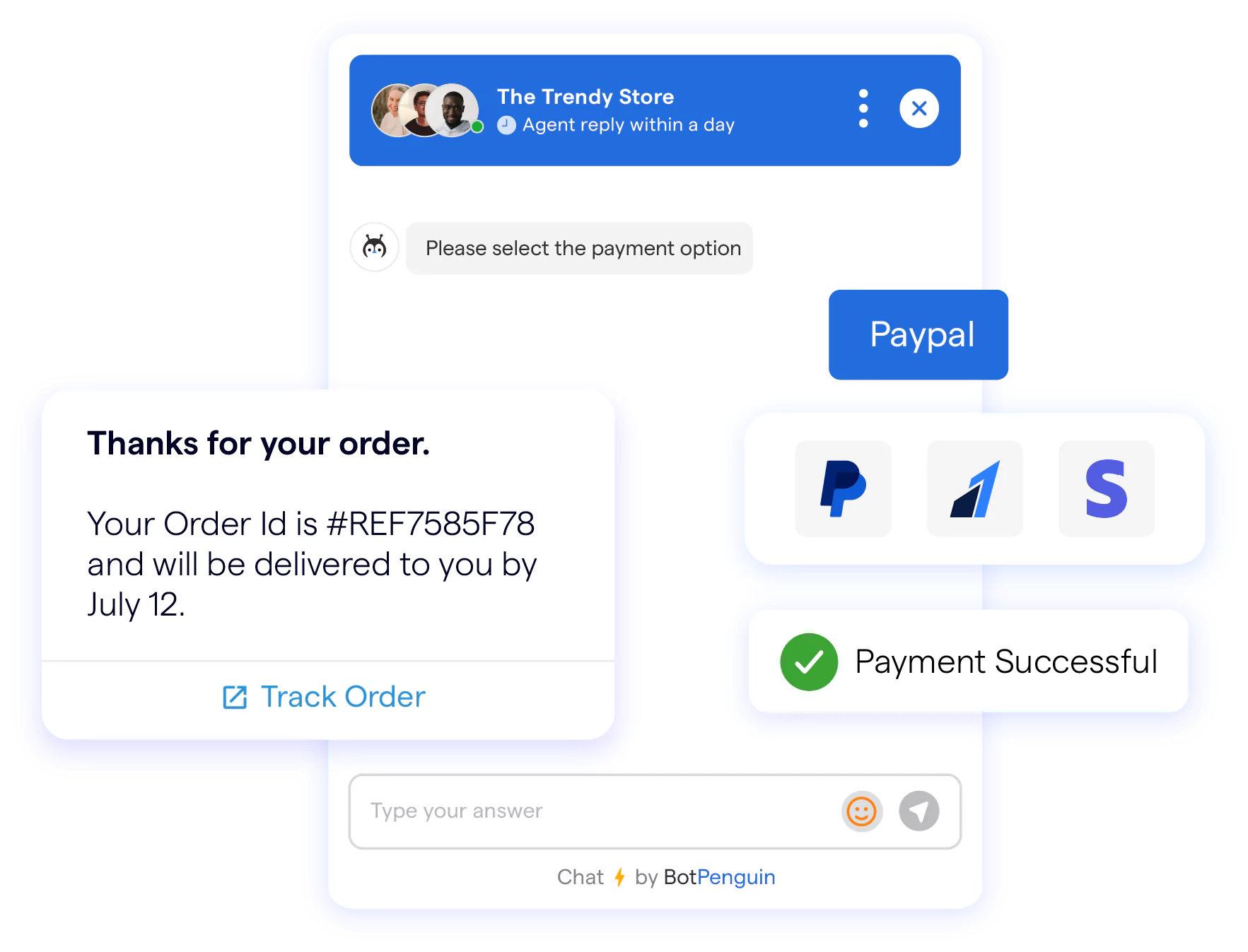
A ChatGPT Consultancy serves as a guiding hand, helping businesses through every phase of developing and maintaining GPT models. Here’s how it plays a pivotal role.
Expert Guidance and Support
One of the primary functions of ChatGPT Consultancy for Businesses is offering expert guidance. Many businesses lack the in-house expertise to develop and train GPT models efficiently.
A consultancy provides technical support, ensuring businesses can make informed decisions about their chatbot software and other AI solutions.
Tailored Testing Strategies
Each business has unique needs, and ChatGPT Consultancy helps by creating customized testing strategies. This ensures that the GPT model is tested thoroughly, considering specific use cases, industries, and user expectations.
By tailoring the testing process, consultancies can ensure that models perform effectively in real-world scenarios, reducing risks and improving accuracy.
Efficient Training Processes
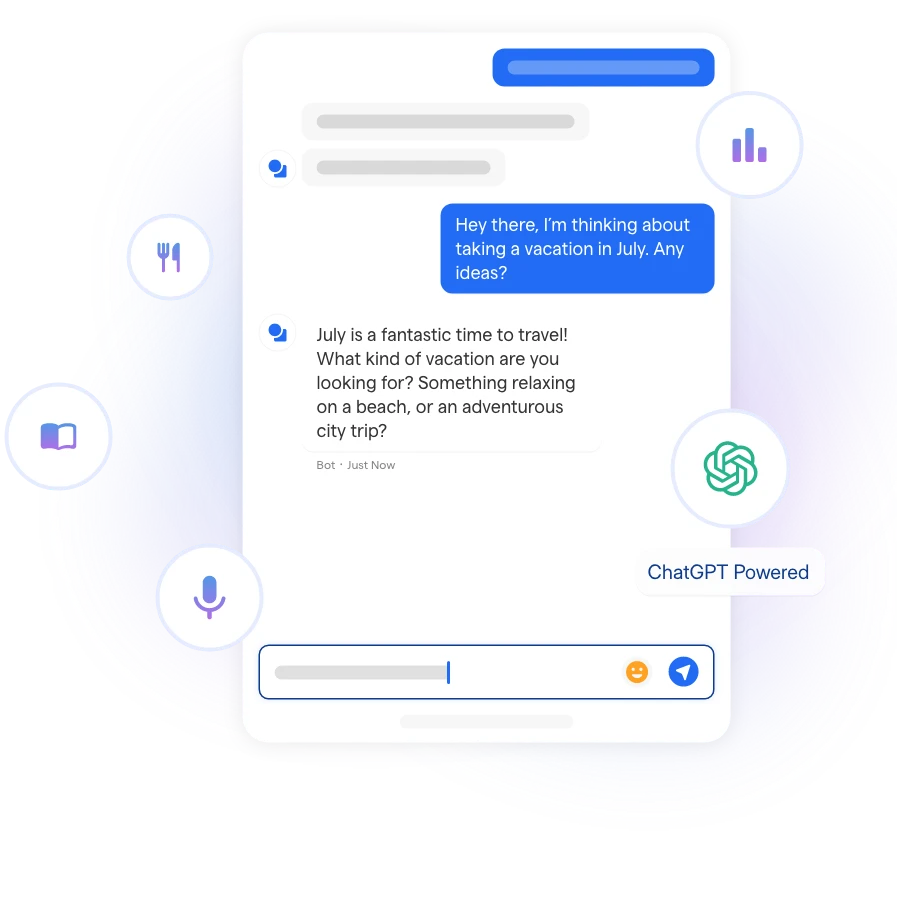
Training a GPT model involves a significant investment in time and resources. A ChatGPT Consultancy optimizes this process by using the best tools for ChatGPT Consultancy, along with proven methodologies.
Whether it’s through supervised learning, unsupervised learning, or reinforcement learning, a consultancy ensures that businesses achieve efficient and effective training outcomes.
Continuous Improvement and Optimization
AI models need regular updates and improvements. ChatGPT Consultancy for Businesses provides ongoing optimization services, making sure the models remain current, relevant, and aligned with evolving business needs.
Regular monitoring and fine-tuning enhance the performance and longevity of AI solutions.
Best Practices for Testing and Training
To maximize the potential of GPT models, following best practices in testing and training is critical.
ChatGPT Consultancy brings a structured approach, ensuring that these best practices are integrated into every stage of the model’s lifecycle.
Iterative Approach and Feedback Loops
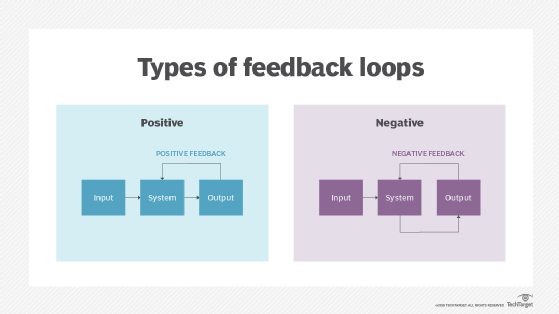
Testing and training GPT models should be iterative. An iterative approach allows for continuous feedback loops, where the model is refined over time based on performance data and user interactions.
ChatGPT Consultancy encourages frequent testing and retraining to address errors and adapt to changing user needs.
Version Control and Experiment Tracking
Tracking the different versions of a model and the results of various experiments is crucial. ChatGPT Consultancy incorporates version control and experiment tracking systems to maintain an organized development process.
This ensures that any changes made during testing and training are documented and can be rolled back or compared to earlier versions if needed.
Collaboration and Knowledge Sharing
Collaboration is key when building effective AI solutions. ChatGPT Consultancy for Businesses promotes collaboration between developers, data scientists, and business stakeholders.
By fostering knowledge sharing, businesses can better understand how to utilize chatbot software and other AI tools, driving innovation and improving outcomes.
Ethical Considerations and Responsible AI
Finally, one of the most critical aspects of ChatGPT Consultancy is ensuring ethical practices in AI development. This includes minimizing bias in models and making sure that AI is used responsibly.
Ethical considerations are paramount to maintaining trust and fairness in AI systems, especially when used for business-critical applications like chatbot software.
Conclusion
As businesses continue to evolve in the digital age, partnering with a reliable ChatGPT consultancy for businesses becomes increasingly crucial.
Our position as the best tool for ChatGPT consultancy is reinforced by our commitment to delivering exceptional results and staying ahead of AI innovations.
Through our advanced chatbot software solutions, we've helped countless organizations achieve their digital transformation goals.
The future of business automation lies in intelligent implementation of ChatGPT solutions, and our consultancy services ensure you're not just keeping pace but leading the way.
Whether you're a startup or an enterprise, our ChatGPT consultancy for businesses provides the expertise needed to maximize your AI investment.
Our comprehensive chatbot software strategies have consistently proven to be the best tool for ChatGPT consultancy across various industries.
Don't let your business fall behind in the AI revolution. Choose a partner that understands both the technical and business aspects of ChatGPT implementation.
Let our expert ChatGPT consultancy for businesses guide you toward a more efficient, automated, and profitable future.
Frequently Asked Questions (FAQs)
How Long Does It Typically Take to Train a GPT Model for Business Use?
Training a business-specific GPT model usually takes 2-4 weeks, encompassing data collection, preprocessing, and initial testing.
For specialized industries like healthcare or finance, the process might extend to 6-8 weeks to ensure comprehensive accuracy and regulatory compliance.
What Are the Key Challenges in GPT Model Training?
The most significant challenges include maintaining data quality, mitigating inherent biases, and ensuring contextual accuracy across diverse business scenarios.
Businesses must carefully balance model complexity with performance efficiency while protecting sensitive information during the training process.
How Can Businesses Measure the Effectiveness of Their Trained GPT Solution?
Effectiveness is measured through a combination of quantitative metrics like response accuracy, user satisfaction scores, and reduction in human intervention rates.
Businesses track performance indicators that demonstrate improved communication efficiency and compare the GPT solution's performance against traditional communication methods.
What Specialized Training Techniques Work Best for Business GPT Models?
The most effective training techniques involve domain-specific fine-tuning, transfer learning, and multi-task learning approaches.
These methods allow businesses to create highly specialized AI models that understand complex industry-specific contexts and communication nuances.
How Often Should a GPT Model Be Retrained or Updated?
GPT models require regular updates, with minor refinements every 3-4 months and significant retraining annually.
Critical factors like changes in business processes, new regulatory requirements, or detected performance issues can trigger immediate model retraining to maintain optimal performance.



